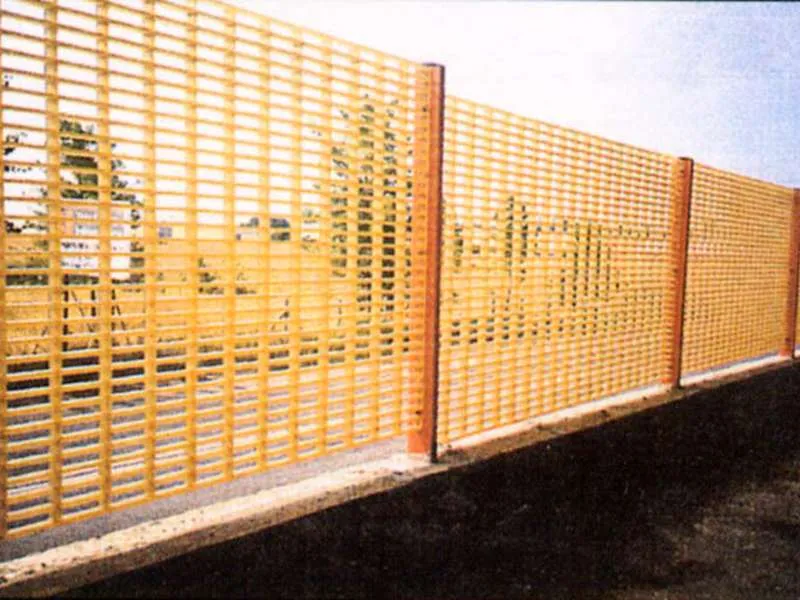
-
 Afrikaans
Afrikaans -
 Albanian
Albanian -
 Amharic
Amharic -
 Arabic
Arabic -
 Armenian
Armenian -
 Azerbaijani
Azerbaijani -
 Basque
Basque -
 Belarusian
Belarusian -
 Bengali
Bengali -
 Bosnian
Bosnian -
 Bulgarian
Bulgarian -
 Catalan
Catalan -
 Cebuano
Cebuano -
 China
China -
 China (Taiwan)
China (Taiwan) -
 Corsican
Corsican -
 Croatian
Croatian -
 Czech
Czech -
 Danish
Danish -
 Dutch
Dutch -
 English
English -
 Esperanto
Esperanto -
 Estonian
Estonian -
 Finnish
Finnish -
 French
French -
 Frisian
Frisian -
 Galician
Galician -
 Georgian
Georgian -
 German
German -
 Greek
Greek -
 Gujarati
Gujarati -
 Haitian Creole
Haitian Creole -
 hausa
hausa -
 hawaiian
hawaiian -
 Hebrew
Hebrew -
 Hindi
Hindi -
 Miao
Miao -
 Hungarian
Hungarian -
 Icelandic
Icelandic -
 igbo
igbo -
 Indonesian
Indonesian -
 irish
irish -
 Italian
Italian -
 Japanese
Japanese -
 Javanese
Javanese -
 Kannada
Kannada -
 kazakh
kazakh -
 Khmer
Khmer -
 Rwandese
Rwandese -
 Korean
Korean -
 Kurdish
Kurdish -
 Kyrgyz
Kyrgyz -
 Lao
Lao -
 Latin
Latin -
 Latvian
Latvian -
 Lithuanian
Lithuanian -
 Luxembourgish
Luxembourgish -
 Macedonian
Macedonian -
 Malgashi
Malgashi -
 Malay
Malay -
 Malayalam
Malayalam -
 Maltese
Maltese -
 Maori
Maori -
 Marathi
Marathi -
 Mongolian
Mongolian -
 Myanmar
Myanmar -
 Nepali
Nepali -
 Norwegian
Norwegian -
 Norwegian
Norwegian -
 Occitan
Occitan -
 Pashto
Pashto -
 Persian
Persian -
 Polish
Polish -
 Portuguese
Portuguese -
 Punjabi
Punjabi -
 Romanian
Romanian -
 Russian
Russian -
 Samoan
Samoan -
 Scottish Gaelic
Scottish Gaelic -
 Serbian
Serbian -
 Sesotho
Sesotho -
 Shona
Shona -
 Sindhi
Sindhi -
 Sinhala
Sinhala -
 Slovak
Slovak -
 Slovenian
Slovenian -
 Somali
Somali -
 Spanish
Spanish -
 Sundanese
Sundanese -
 Swahili
Swahili -
 Swedish
Swedish -
 Tagalog
Tagalog -
 Tajik
Tajik -
 Tamil
Tamil -
 Tatar
Tatar -
 Telugu
Telugu -
 Thai
Thai -
 Turkish
Turkish -
 Turkmen
Turkmen -
 Ukrainian
Ukrainian -
 Urdu
Urdu -
 Uighur
Uighur -
 Uzbek
Uzbek -
 Vietnamese
Vietnamese -
 Welsh
Welsh -
 Bantu
Bantu -
 Yiddish
Yiddish -
 Yoruba
Yoruba -
 Zulu
Zulu
High Performance Fiberglass Solutions for Extreme Temperature Applications in Industrial Settings
Fiberglass Products for High Temperature Applications
Fiberglass products have gained significant recognition in various industries due to their exceptional performance in high-temperature environments
. As a composite of glass fibers and resin, fiberglass boasts unique properties that make it ideal for applications where heat resistance, durability, and lightweight characteristics are critical.One of the primary advantages of fiberglass in high-temperature applications is its thermal stability. Unlike traditional materials such as metal or plastic, fiberglass can withstand extreme temperatures without losing its structural integrity. Generally, fiberglass can endure temperatures upward of 450°F (232°C) without significant degradation, which makes it suitable for use in industries such as aerospace, automotive, and manufacturing. In some specialized applications, certain fiberglass formulations can even tolerate temperatures beyond 1,000°F (538°C), making them indispensable in sectors that require materials capable of enduring severe thermal conditions.
In the aerospace industry, for example, fiberglass is extensively used in the production of aircraft components. The lightweight nature of fiberglass, compared to metals, offers a significant advantage in reducing overall aircraft weight, which directly translates into fuel efficiency and improved performance. The thermal insulation properties of fiberglass also mean that it can be utilized in components like engine covers and thermal shields, where it protects sensitive parts from extreme heat generated during flight.
Furthermore, in the automotive sector, fiberglass is commonly integrated into parts that require resistance to heat and flame. Automotive components, such as engine covers, heat shields, and exhaust systems, often face extreme temperatures and require materials that maintain their properties under such stress. The use of fiberglass helps to enhance the safety and efficiency of vehicles, contributing to lower fuel consumption and reduced emissions.
fiberglass products for high temperature

Manufacturing industries also benefit significantly from the deployment of fiberglass products. In processes that involve high-temperature operations, such as furnaces, kilns, and mold systems, fiberglass components can prevent heat loss and enhance energy efficiency. Insulation products made from fiberglass, such as blankets and boards, serve as effective barriers against heat transfer, allowing manufacturers to maintain optimal working temperatures while minimizing energy costs.
Additionally, fiberglass’s resistance to corrosion and chemical degradation further extends its utility in high-temperature environments. Industries such as chemical processing and oil and gas often expose equipment to harsh conditions, including chemical vapors and extreme temperatures. Fiberglass products offer an ideal solution as they do not corrode or rust, ensuring longevity and reliability in applications where other materials might fail.
The versatility of fiberglass is also noteworthy. Manufacturers can formulate fiberglass composites with various resins tailored for specific applications, enhancing their temperature resistance, strength, and flexibility. This level of customization enables engineers to develop products that meet particular high-temperature requirements, making fiberglass an attractive option for many projects.
In conclusion, fiberglass products play an essential role in high-temperature applications across multiple industries. Their thermal stability, lightweight nature, and resistance to corrosion make them superior alternatives to traditional materials. As technology advances, the potential for new fiberglass formulations and applications continues to grow, promising enhanced performance and increased efficiency for high-temperature operations. Industries seeking durable, efficient, and heat-resistant materials are likely to find that fiberglass remains an indispensable component of their manufacturing and engineering processes.
Latest news
-
Oblate Tanks: Space-Saving, Durable Liquid Storage SolutionsNewsAug.27,2025
-
High-Performance Piping System Solutions for Industry & Commercial UseNewsAug.26,2025
-
Precision Fittings: Durable & Reliable Industrial & Plumbing SolutionsNewsAug.25,2025
-
Practical Steps: Unlock Success with Our Proven GuidesNewsAug.24,2025
-
Transport Tanks: Safe, Durable & Efficient Liquid HaulingNewsAug.23,2025
-
High-Quality Piping Systems for Efficient Flow & DurabilityNewsAug.22,2025









